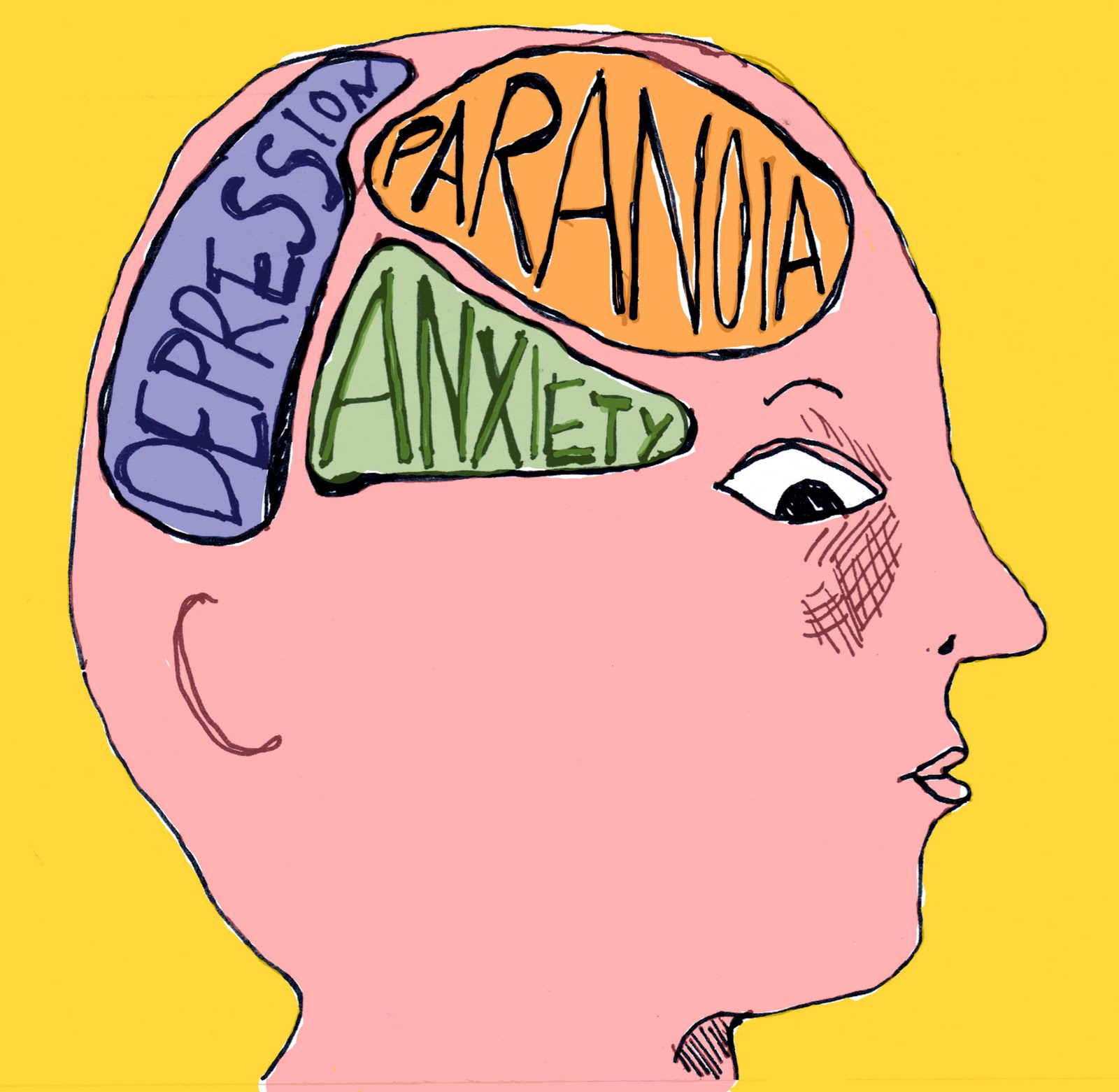It’s no secret that I am a strong advocate for mental illness awareness and resources. I’ve written several columns about the issue in response to the changes in Counseling Services that have occurred over the last year. While our Counseling Services office is still in need of attention, I truly believe Ohio Wesleyan students take understanding and respecting mental illnesses very seriously. One of the biggest factors that led me to choose OWU was the student’s general sense of awareness, and in my time here I have seen students undertake remarkable efforts in speaking out about mental illness awareness.
The level of compassion and understanding towards mental illness at OWU was made even clearer to me yesterday, when I received a phone call from someone very close to me. He struggles with obsessive-compulsive disorder and anxiety, and earlier that day the dean of students at his university called him into his office.
The dean told him someone had reported him for “making weird sounds” in the library, and that he needed to “control his behavior.”
He told the dean he was sorry for the disruption, explaining that he has conditions that make it difficult for him to sit still and ignore his ticks. He started crying, and told the dean he would refrain from using the quiet floor.
The dean responded saying that he should not use the library at all if his “he continues this very unusual behavior.”
The dean’s comment infuriates me for several reasons.
First, telling someone who just told you they have a mental illness that their behavior is “unusual” is not okay. The second element of the dean’s comment that I take offensively is his implication that the behavior can be controlled or stopped. If someone tells you he has a mental disorder, you cannot disregard the severity of that situation.
It’s like telling someone with an elephant on their back to “shrug it off,” without acknowledging the fact that the two tons of mammal on his shoulders might make it difficult to free himself. If my friend could stop his “behavior,” he would. No one wants to take four hours to write a one-page paper because they can’t stop twitching.
Finally, one of the most heartbreaking aspects of the dean’s response, to me, is that the dean clearly does not realize the severity of mental illness. Mental illness can be hard to understand, but it is so crucial that we as a society acknowledge it. It is a problem, and that’s why we shouldn’t make it worse by perpetuating a culture that does not take it seriously.
Hearing about this incident made me sadder than I can express, but it also made me proud of my school.
This university is in the midst of figuring out issues with Counseling Services, but I truly believe students in our community have been able to support one another and raise awareness over mental illness regardless. I’ve seen students here advocate for Counseling Services, talk freely on stage about their mental illnesses and support one another when we lose one of our students to mental illness.
I feel people here talk about mental illness and try to understand it. While my friend’s experience breaks my heart, it makes me proud to attend a school that takes so much pride in advocacy for all issues.
